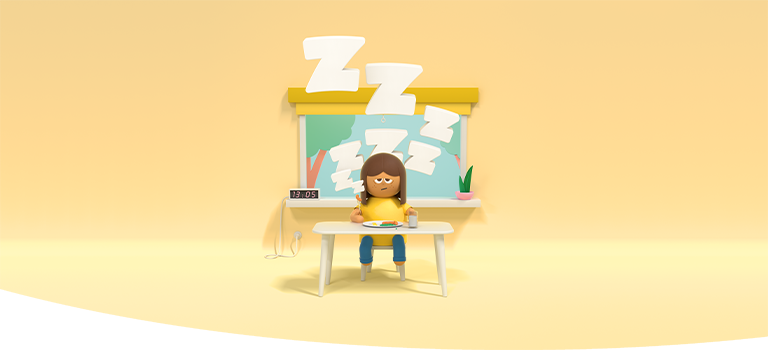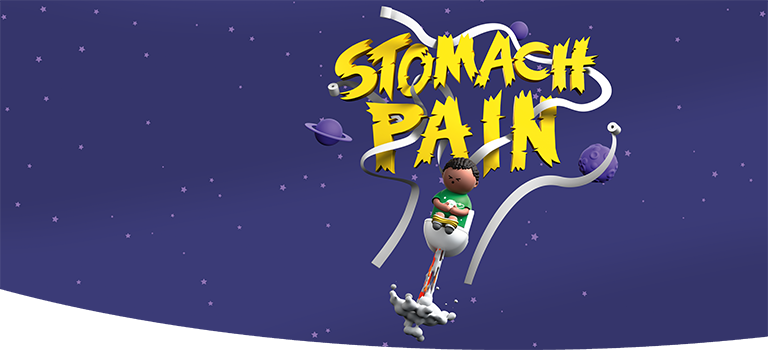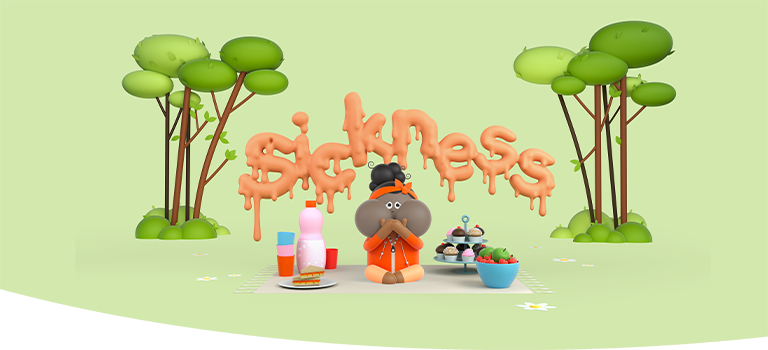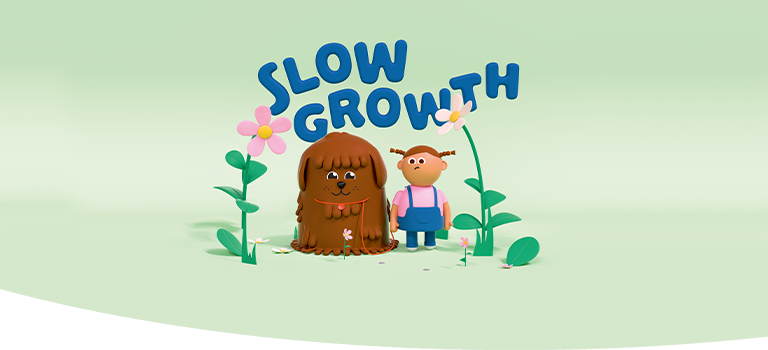Is it coeliac disease?
Check your child’s symptoms today
Coeliac disease is a common autoimmune disease that can develop at any time of life. There is a wide range of symptoms that, especially in children, can often be confused with other things. It's hard to tell if it's just another bug, part of growing, or a sign of coeliac disease.
Some of the symptoms to look out for:
- Stomach pain
- Sickness
- Extreme tiredness
- Bloating
- Slow growth
You know your child. If they are persistently experiencing any of these symptoms, it’s worth investigating further. Finding the answers can help them feel better.
Coeliac UK has created a self-assessment form to help, based on National Guidelines. If the results show your child may have coeliac disease, you're provided with a letter to share with your GP.
The form requires some health and personal information, and we do not use this for anything but to help guide the recommendation of whether your child should be tested. As part of our community monitoring of coeliac disease and to provide help to you and others, we do ask if we can stay in touch for updates on your progress, but this is not mandatory for completion of the form. See our privacy policy for more information.
What is coeliac disease?
Coeliac disease is a common autoimmune condition. When someone with the disease eats gluten, their body’s immune system attacks itself. If left untreated, it can cause gut damage and prevent nutrients from being absorbed properly. Over time this can lead to health complications like iron deficiency anaemia.
Should I be worried, will my child get better?
Diagnosing coeliac disease early reduces the risk of future complications, and can prevent your child from suffering with symptoms unnecessarily. After your child has been diagnosed they will need to follow a strict gluten free diet for life. Once on the diet, symptoms will usually stop quite quickly. HOWEVER, whilst your child is going through the diagnosis process they MUST continue to eat gluten or they may get a false negative result.
What does the test involve?
It’s easy to check for coeliac disease. If our self-assessment shows your child should be tested, the next step is to go to your GP surgery to discuss having a blood test. If that comes back as positive, they are likely to repeat the blood test. In many cases that’s enough for an official diagnosis, meaning your child can get on the road to recovery. Some children might need to visit a hospital for a camera test to look at their gut. Don’t forget that they must be eating gluten until the final diagnosis has been confirmed. In all cases the official diagnosis should be made either by a paediatric gastroenterologist or a paediatrician with a special interest in gastroenterology.
What if my child is diagnosed with coeliac disease?
The treatment for coeliac disease is a gluten free diet. Your health care professional will be able to give you personal advice on what to do next for your child, and Coeliac UK will be with you every step of the way. We offer a range of expert support resources as well as exclusive membership services including: handy apps to help you find suitable food to eat at home and when out and about; packs to take in to schools to explain your child’s requirements to staff, kitchen staff and fellow pupils; a selection of over 1,200 tried and tested gluten free recipes and more.
Check out our Parent and Carer webpages for more information, give our Helpline a call on 0333 332 2033 (open 10am-4pm, Monday-Friday), email dietitian@coeliac.org.uk or use our live chat.
Sign up for our newsletter and follow us on social media for regular updates and inspiration.



